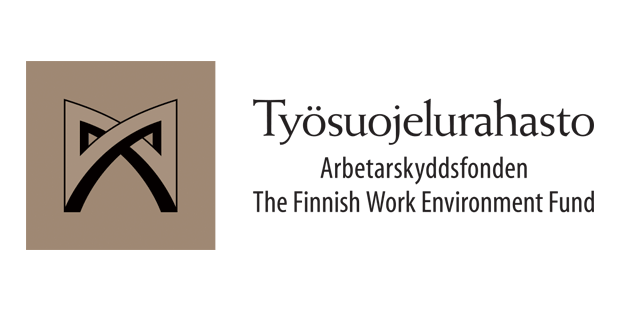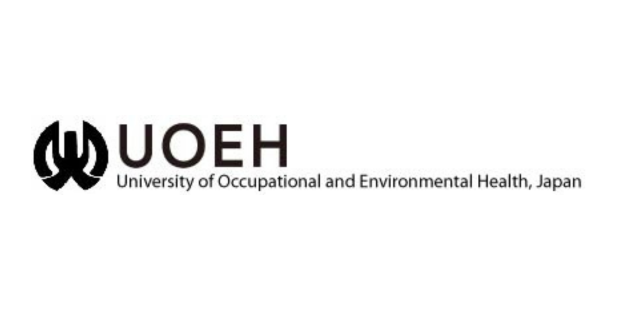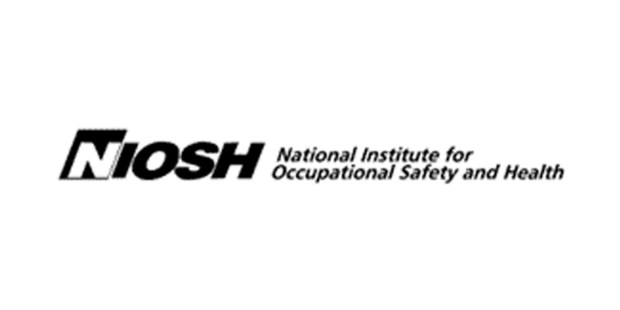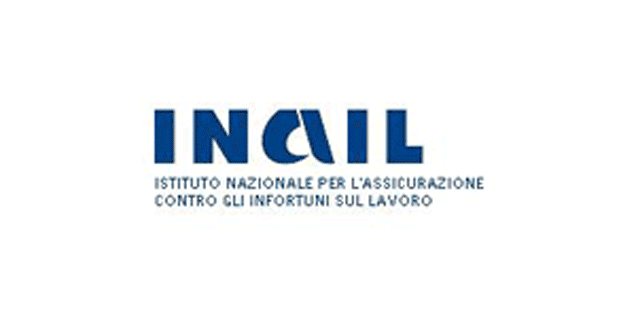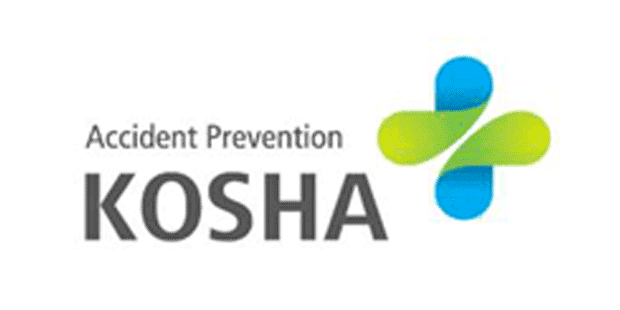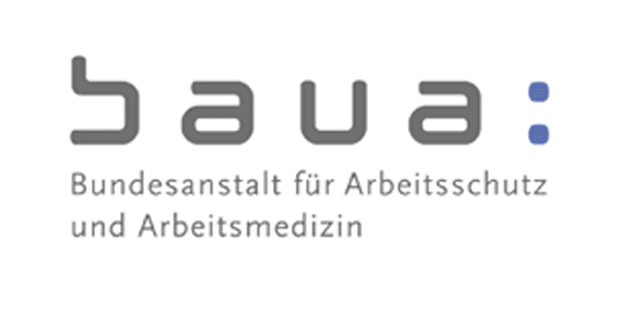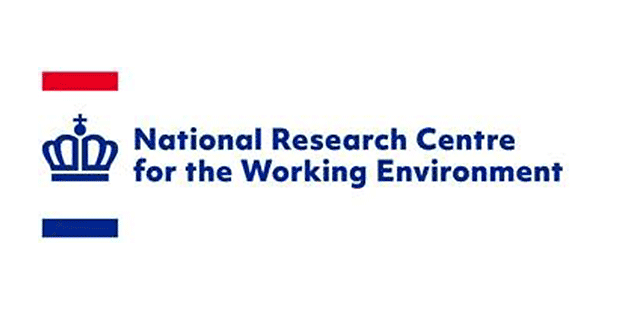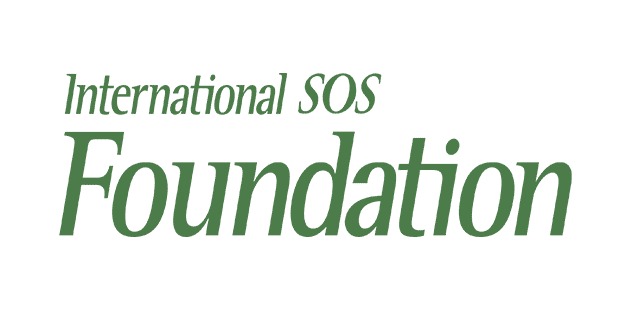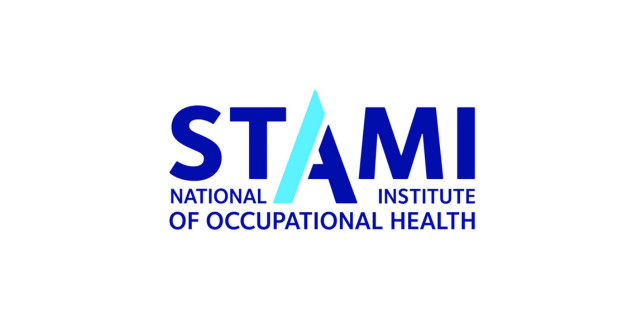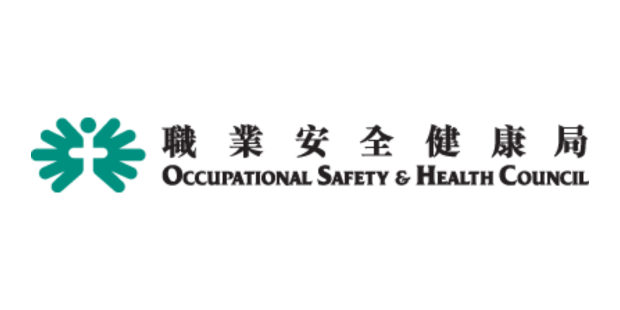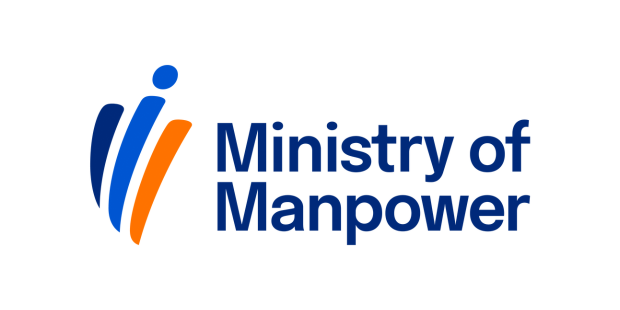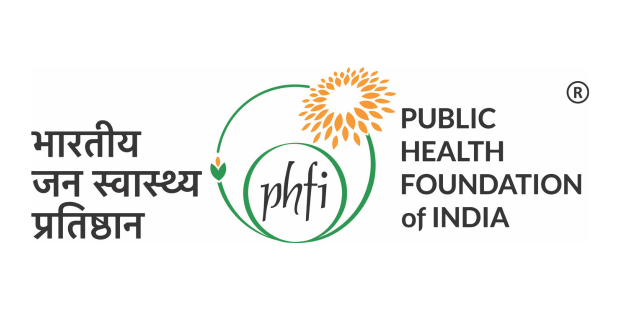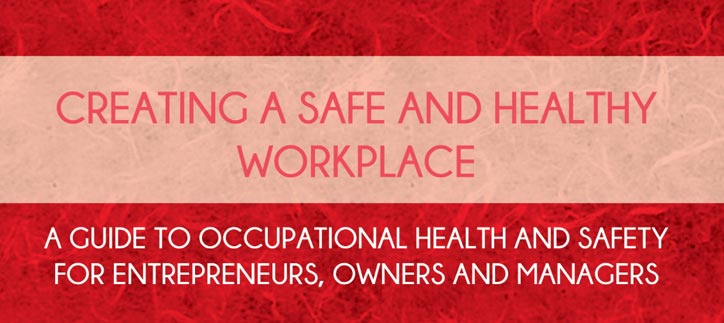ICOH/IEA/IOHA joint statement at WHO Executive Board Meeting, Geneva - 22 May 2010
The joint statement of the ICOH, IEA and IOHA regarding Child Injury Prevention was successfully presented by Prof. Michel Guillemin, ICOH Board Member , during the WHO Executive Board Meeting held on 22 May 2010 in Geneva.Prof. Guillemin, ICOH representative at the meeting, made the presentation on behalf of the three organizations.
Look at the ICOH/IEA/IOHA joint statement.
Read more
ICOH Working Group on Participatory Approaches in Occupational Health
ICOH President, Dr. Kazutaka Kogi, appointed members of the ICOH Working Group on Participatory Approaches in Occupational Health for the triennium of 2009-2012 that will be composed by Dr. Khai, Ms. Buckheit, Dr. Hasle, Mr. Husberg, Dr. Itani, Ms. Sudthida, Ms. Maciel and Dear Dr. Woo. Read moreMemorandum of Understanding on collaboration between IARM and ICOH
The Memorandum of Understanding on collaboration between the International Commission on Occupational Health and the International Association of Rural Health & Medicine was agreed during the 17th International Congress of Agricultural Medicine and Rural Health held in Cartagena, Colombia, and signed in December 2009.Look at the Official Memorandum signed by the ICOH President, dr. Kazutaka Kogi and dr. Ashok Patil, President of the International Association of Rural Health & Medicine.
Read more
The Minutes of the ICOH 2009 General Assemblies and the Board Meetings are now available
The final release of the ICOH 2009 minutes is now available on the section Reports.Reports and decisions adopeted by the Board and the General Assembly during the 29th ICOH International Congress can be consulted in the dedicated section.
Read more
Seoul, Korea elected as venue of the 31st ICOH International Congress
 ICOH′s 31st International Congress will be held in 2015 in Seoul, Korea as a result of the vote held in Cape Town in conjunction to the 29th ICOH Congress.
ICOH′s 31st International Congress will be held in 2015 in Seoul, Korea as a result of the vote held in Cape Town in conjunction to the 29th ICOH Congress.
Watch the video
New ICOH honorary members
 On March 22nd 2009, ICOH General Assembly designated the new ICOH honorary members.
On March 22nd 2009, ICOH General Assembly designated the new ICOH honorary members.
New guidelines for ICOH scientific committees and good association practice
On March 22nd 2009, ICOH Board Members adopted two new important guidelines presented during the 1st Board Meeting held in Cape Town. The New Guidelines for ICOH Scientific Committees respond to new emerged needs of ICOH SCs, backbones of ICOH activities. They are the results of a long reviewing process lead by ICOH Past Vice President, Dr. Marilyn Fingerhut. Read moreICOH - IALI
 The Memorandum of Understanding on collaboration between the International Commission on Occupational Health and the International Association of Labour Inspection was signed on March 1, 2009.
The Memorandum of Understanding on collaboration between the International Commission on Occupational Health and the International Association of Labour Inspection was signed on March 1, 2009.



